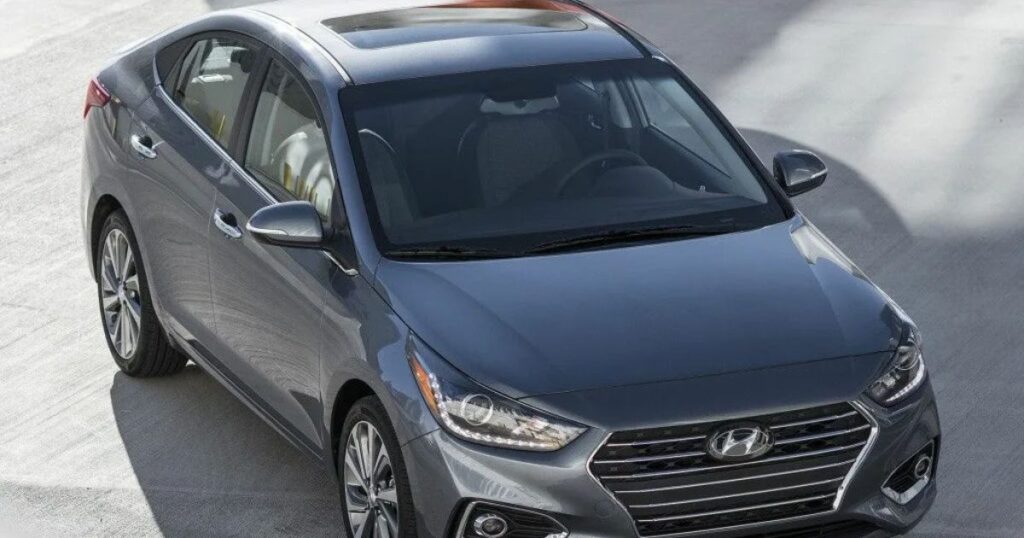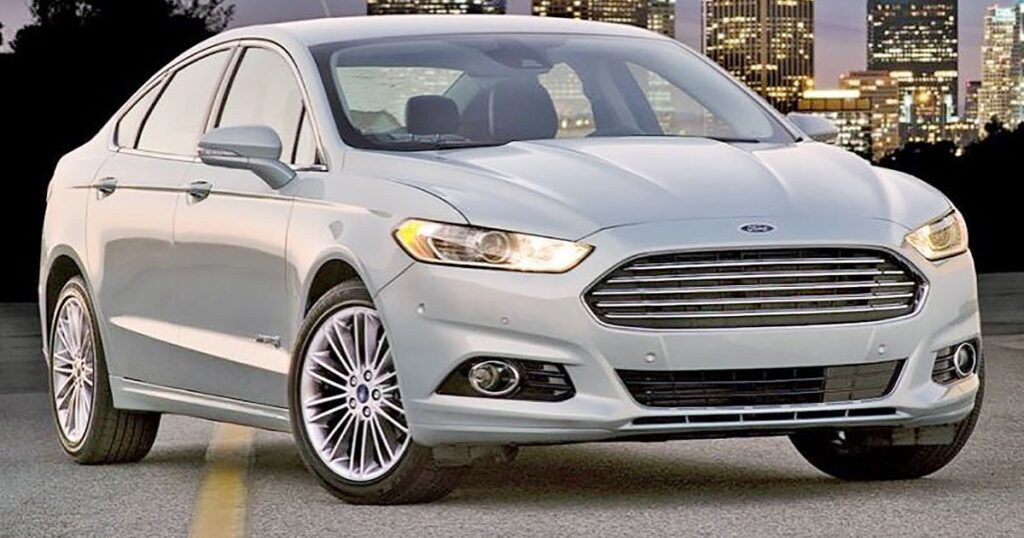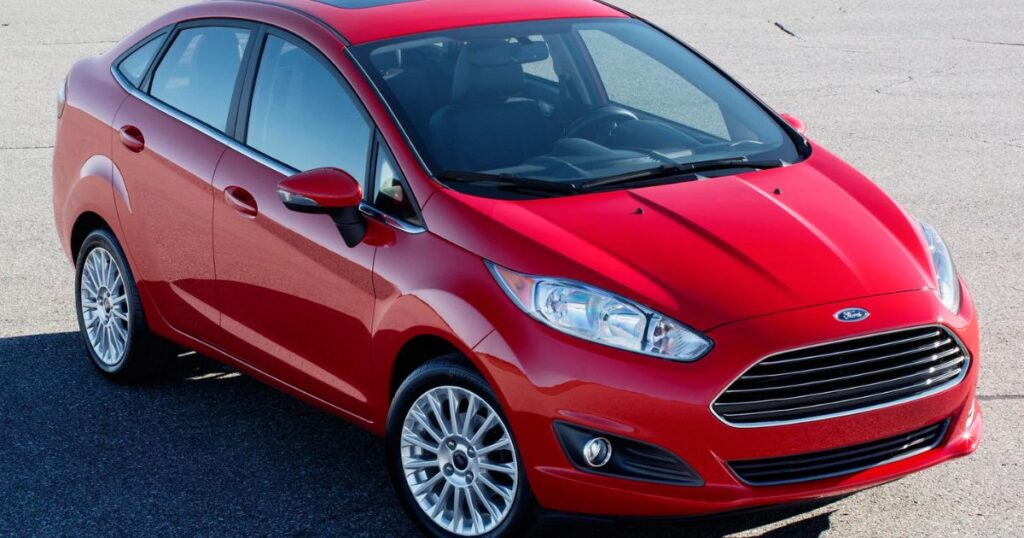Hybrid cars have become increasingly popular in recent years as people seek environmentally friendly and fuel-efficient transportation. Hybrid cars offer a balance between traditional gasoline vehicles and electric cars.
One key question that many consumers ask is whether hybrid cars qualify for tax credits. Understanding the tax benefits for hybrid vehicles can help you make an informed decision when purchasing one.
What Are Hybrid Cars?
The hybrid car combines an internal combustion engine (ICE) with an electric motor. The combination allows the vehicle to use less fuel compared to traditional gasoline cars.
- Plug-in hybrids can charge their batteries using an external power source, while regular hybrids cannot.
- Both types provide significant environmental benefits by reducing carbon emissions.
- Hybrid vehicles can switch between gasoline and electric power, maximizing fuel efficiency.
The electric motor helps reduce emissions and improve fuel efficiency. Hybrid cars come in different types, including plug-in hybrids and regular hybrids.
How Do Car Tax Credits Work?

The U.S. government offers tax credits to encourage the adoption of eco-friendly vehicles like hybrids and electric cars. Tax credits are financial incentives that reduce the amount of tax you owe. They are not the same as tax deductions, which lower your taxable income.
The tax credit for hybrid vehicles depends on several factors. It is important to understand how the federal tax credit works and whether your hybrid car qualifies. A tax credit directly lowers the tax amount you owe to the government.
Federal Tax Credit For Hybrid Cars
The federal government provides tax credits for electric and hybrid vehicles as part of its efforts to reduce greenhouse gas emissions. The credit amount varies based on the make and model of the car and the battery size.
- Plug-in hybrids with a larger battery size may receive a credit of up to $7,500.
- Regular hybrids typically do not qualify for the federal tax credit but may receive other incentives.
- The credit is applied when you file your taxes for the year in which you purchased the vehicle.
Plug-in hybrid vehicles often qualify for larger tax credits compared to regular hybrids.
State And Local Tax Incentives
In addition to federal tax credits, some states and local governments offer their own incentives for hybrid vehicles. These incentives may come in the form of tax credits, rebates, or reduced registration fees.
- States like California and Colorado offer significant incentives for hybrid car buyers.
- Some states may also provide access to HOV (high-occupancy vehicle) lanes for hybrid vehicle drivers.
- Local governments may offer additional rebates for installing home charging stations for plug-in hybrids.
The amount and availability of these incentives vary by state, so it is important to check your local regulations.
Do All Hybrid Cars Qualify For Tax Credits?
Not all hybrid cars qualify for federal tax credits. The type of hybrid vehicle, the size of its battery, and whether it is a plug-in model all affect eligibility. Regular hybrids with small batteries typically do not qualify for federal tax credits.
- Plug-in hybrids are more likely to qualify for the federal tax credit.
- Regular hybrids may qualify for state-level incentives.
- It is important to research your vehicle’s eligibility before making a purchase.
But they may still be eligible for state or local incentives.
Benefits Of Buying A Hybrid Car

The purchase of a hybrid vehicle offers several advantages. In addition to potential tax credits, hybrid cars are more fuel-efficient, environmentally friendly, and cost-effective over time.
- Hybrid vehicles reduce fuel consumption, saving you money on gas.
- They produce fewer emissions, making them better for the environment.
- The long-term savings from reduced fuel costs and potential tax credits can offset the initial purchase price.
These benefits make hybrid cars a smart choice for eco-conscious consumers.
Environmental Impact Of Hybrid Cars
Hybrid cars help reduce greenhouse gas emissions, which contribute to climate change. By using both gasoline and electric power, hybrids emit fewer pollutants compared to traditional vehicles.
- Hybrid vehicles lower your carbon footprint.
- They contribute to cleaner air and a healthier environment.
- Purchasing a hybrid car aligns with global efforts to reduce environmental damage.
This reduction in emissions is one of the main reasons governments offer tax incentives for hybrid and electric vehicles.
How To Claim Tax Credits For Hybrid Cars
If you purchase a hybrid car that qualifies for a tax credit, you must follow specific steps to claim the credit. The process is straightforward but requires attention to detail.
- First, confirm that your hybrid car is eligible for the tax credit by checking the manufacturer’s information or consulting a tax professional.
- When filing your taxes, use IRS Form 8936 to claim the federal tax credit for your vehicle.
- Include all necessary documentation to prove your vehicle’s eligibility for the credit.
When Does The Tax Credit Expire?
The federal tax credit for hybrid vehicles has limits. The credit is phased out after an automaker sells 200,000 qualifying vehicles. Once this limit is reached, the tax credit is gradually reduced over time and eventually eliminated.
- The phase-out period begins after an automaker sells 200,000 vehicles.
- Consumers who purchase a hybrid car before the phase-out period begins can still claim the full tax credit.
- After the phase-out period, the tax credit is gradually reduced.
Some popular hybrid manufacturers, such as Tesla and General Motors, have already reached this threshold.
What Are Plug-In Hybrid Tax Credits?
Plug-in hybrid vehicles typically qualify for larger tax credits than regular hybrids. These vehicles have larger batteries and can be charged using an external power source.
- Plug-in hybrids are eligible for higher tax credits than regular hybrids.
- The credit amount depends on the battery capacity of the vehicle.
- Plug-in hybrids offer the added benefit of driving on electric power alone for short distances.
The federal tax credit for plug-in hybrids can be as high as $7,500, depending on the battery size.
State-Specific Hybrid Tax Incentives
Different states offer varying tax incentives for hybrid vehicles. Some states provide significant rebates, while others may offer reduced registration fees or additional perks such as access to HOV lanes.
- California offers rebates for hybrid car purchases.
- Some states provide access to carpool lanes for hybrid drivers.
- Certain states may waive sales tax on hybrid vehicles.
Knowing your state’s specific policies can help you maximize your savings when purchasing a hybrid car.
How Much Can You Save with Hybrid Car Tax Credits?

The amount you can save with tax credits for hybrid cars depends on the vehicle and the incentives available in your state. The federal tax credit for plug-in hybrids can be substantial, and state incentives can add even more savings.
- Plug-in hybrid buyers can save up to $7,500 with federal tax credits.
- State incentives may provide additional savings.
- Long-term fuel savings further increase the value of a hybrid car purchase.
In some cases, buyers may save thousands of dollars.
Hybrid Cars vs. Electric Cars Tax Credit Differences
Hybrid cars and electric cars both offer tax incentives, but the benefits differ. Electric vehicles (EVs) typically qualify for larger tax credits because they rely entirely on electric power. Plug-in hybrids, which use both electric and gasoline power, qualify for smaller credits.
- Electric cars qualify for higher tax credits than hybrid vehicles.
- Plug-in hybrids receive smaller tax credits than EVs.
- Regular hybrids may not qualify for federal tax credits.
Regular hybrids may not qualify for federal tax credits but can still benefit from state incentives.
Are Hybrid Car Tax Credits Refundable?
The federal tax credit for hybrid vehicles is non-refundable, meaning it can only reduce your tax liability to zero. If you owe less in taxes than the credit amount, you will not receive the difference as a refund.
- Hybrid car tax credits are non-refundable.
- The credit can lower your tax bill but will not result in a refund.
- Any unused portion of the credit does not carry over to future tax years.
However, the credit can still significantly reduce your tax bill.
Should You Buy A Hybrid Car For The Tax Credit?
While the tax credit is an appealing incentive, it should not be the sole reason for purchasing a hybrid car. The long-term benefits of fuel savings, environmental impact, and overall cost-effectiveness make hybrid cars a good investment.
The tax credit is an added bonus that can help reduce the initial cost of the vehicle. Hybrid cars offer long-term savings through fuel efficiency. The environmental benefits make them a responsible choice. The tax credit reduces the upfront cost but should not be the only factor in your decision.
Are There Limitations To Hybrid Car Tax Credits?
There are several limitations to hybrid car tax credits. As mentioned earlier, not all hybrid vehicles qualify for the federal tax credit. Additionally, the credit is only available for a limited time due to the phase-out period.
- Not all hybrids qualify for tax credits.
- The federal tax credit is subject to a phase-out period.
- You must act quickly to take advantage of available incentives.
It is essential to research whether your vehicle qualifies and whether the credit is still available.
How To Maximize Your Savings with Hybrid Cars
To maximize your savings when purchasing a hybrid car, it is essential to combine federal, state, and local incentives. Research the specific incentives available in your area and look for additional rebates from manufacturers.
- Look for both federal and state tax credits.
- Check for local incentives, such as reduced registration fees.
- Consider manufacturer rebates for additional savings.
Combining these savings can significantly reduce the cost of your hybrid vehicle.
Tax Credits For Used Hybrid Cars

In most cases, the federal tax credit is only available for new hybrid car purchases. However, some states offer incentives for used hybrid vehicles.
- Federal tax credits apply only to new hybrid vehicles.
- Some states offer incentives for used hybrid car purchases.
- Used hybrid cars still offer fuel savings and environmental benefits.
If you are considering buying a used hybrid car, check with your state’s tax agency to see if you qualify for any benefits.
What is The Future Of Hybrid Car Tax Credits?
The future of hybrid car tax credits depends on government policies and the transition to fully electric vehicles. As electric cars become more common, tax credits for hybrid vehicles may decrease or phase out entirely.
However, for now, hybrid cars still offer valuable incentives for eco-conscious consumers. Hybrid car tax credits may decrease as electric cars become more popular. The shift toward electric vehicles could phase out hybrid incentives.
Frequently Asked Questions
Do all hybrid cars qualify for tax credits?
Not all hybrid cars qualify for federal tax credits. Plug-in hybrids are more likely to qualify, while regular hybrids typically do not. However, state and local incentives may still apply to regular hybrids.
How much is the federal tax credit for hybrid cars?
The federal tax credit for hybrid cars can be as high as $7,500, depending on the vehicle’s battery size and whether it is a plug-in hybrid.
Can I claim a tax credit for a used hybrid car?
Federal tax credits are generally only available for new hybrid cars. Some states may offer incentives for used hybrid vehicles, so it is worth checking your state’s policies.
What happens if the automaker reaches the 200,000 vehicle limit?
Once an automaker reaches the 200,000 vehicle limit, the federal tax credit begins to phase out. The credit will be gradually reduced and eventually eliminated for that manufacturer.
Conclusion
Hybrid cars offer significant benefits, including fuel savings, environmental impact, and potential tax credits. While not all hybrids qualify for federal tax credits, many plug-in hybrids do.
In addition to federal incentives, state and local governments may offer additional rebates and perks. When purchasing a hybrid vehicle it is essential to research the available tax credits to maximize your savings.

Hello, Ride here I’m excited to share everything about hybrid cars. We provide helpful Tips And guide about hybrid cars.











